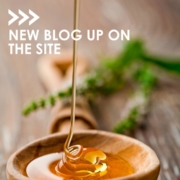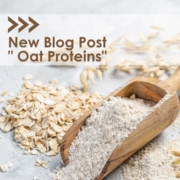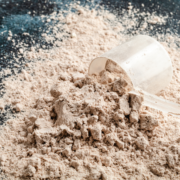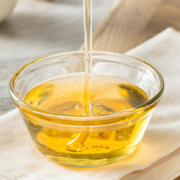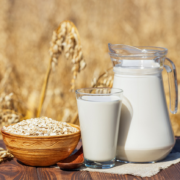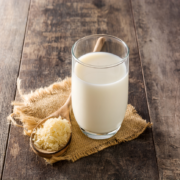Hemp protein: unhealthy or alternative source of protein
Hemp is one of the oldest crops in the world. In the past, it was known primarily as a supplier of raw materials and a source of food – until it became associated with drug trafficking. Even today, this bad reputation is still attached to the hemp plant.
Foodstuffs made from the plant therefore do not seem very trustworthy to many people. Also the question whether hemp protein is unhealthy comes up again and again.
Properties of hemp protein
A look at the characteristics of hemp should help to clear up the prejudices. First and foremost, the drug cannabis is derived from plant species with higher THC content. This is the substance responsible for the intoxicating effect after consumption. Foodstuffs may (in Germany) consist exclusively of plants low in THC.
This also applies to hemp protein. These are legal, non-addictive and even consist of seeds that naturally contain no THC. A fact that may put your mind at ease at this point.
Of course, the non-existent intoxicating effect does not simultaneously rule out the fact that hemp protein is unhealthy. However, many other positive properties paint a different picture:
Amino acid profile
The basic building blocks of all proteins: these are amino acids. Eight of them are particularly important for the human body. So-called essential amino acids (EAA) are indispensable for us. Because our body cannot produce them itself, they must be ingested through food. Hemp protein contains all eight of these indispensable protein building blocks!
An absolute advantage, because these are among other things (!) Responsible for:
- Maintenance & building of muscle tissue
- Support of healing processes
- Supply of energy
- bone growth
- Metabolic processes
- Sense of satiety
- Mood and attention enhancement
The amino acid complex BCAA (Branched Chain Amino Acids) is also found in the vegetable protein. It consists of three of the essential protein building blocks mentioned above, namely: valine, leucine and isoleucine. This is especially interesting for athletes and sportswomen, because these branched-chain amino acids significantly accelerate muscle building.
Last but not least, there is a high percentage of arginine – another indication that hemp protein is not as unhealthy as it is said to be. It is a semi-essential amino acid – that is, one that can be formed by the body, but is not sufficient in the event of illness, for example. Then it must be added through food.
Arginine dilates the blood vessels and lowers blood pressure. Thus it is important for the prevention and therapy of atherosclerotic heart and vascular diseases.
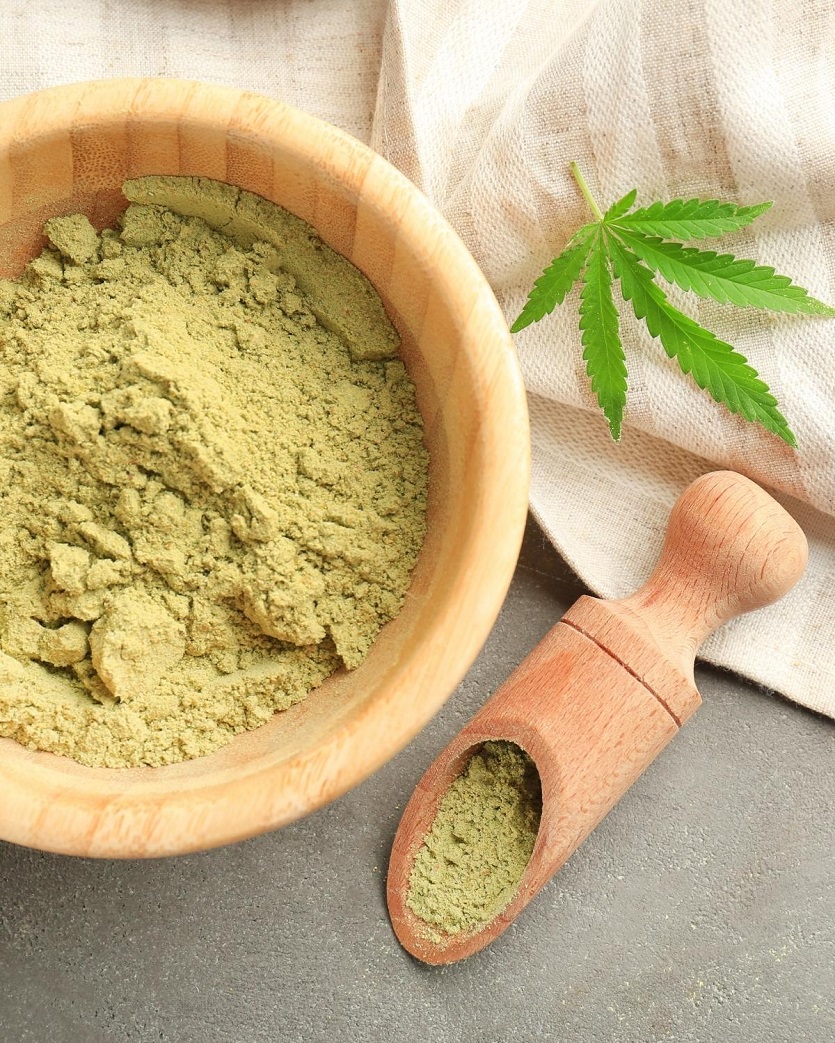
This is what Hemp Powder looks like.
Biological value
How fast proteins can be metabolized (i.e. converted to endogenous protein) is determined by the biological value. One orients oneself thereby at a value of 100, which corresponds to an egg and is considered high.
In principle, the value of animal proteins is somewhat higher than that of plant proteins. Hemp protein, for example, has a biological value of about 60.
But before you jump off now because this is too little for you: You can combine vegetable proteins with each other in an uncomplicated way. This way you can increase the biological value. (By the way, the amino acid profile can also be perfected in this way, if the amount of certain building blocks is increased in the process).
Hemp Protein: Nutrients
That hemp protein is unhealthy sounds very distant, if you take a look at the ingredients. In fact, the protein contains quite important of them:
Our body cannot produce the essential omega-3 and omega-6 fatty acids itself. They have a positive influence on cholesterol levels. Hemp protein is a good source of these fatty acids.
The dietary fibers relevant for a healthy diet can also be found in the protein. These are important for healthy digestion. They also slow down the absorption of cholesterol and sugar into the blood.
In addition, oat protein contains zinc, iron, important vitamins (B1 & B6) and minerals.
Compatibility
The vegetable protein is considered to be very digestible. Overall, it has a very low allergenic effect. Even with intolerances hemp protein is anything but unhealthy: it is lactose and gluten free.
When is hemp protein unhealthy?
In principle, rather healthy properties can be attributed to the vegetable protein. But as with everything, the quantity is just as crucial as a varied diet.
Hemp protein becomes unhealthy when you overdo it. But this is basically true for all proteins. The human body can absorb a certain daily amount without harm. Exactly how much that is depends on the individual and, for example, on your weight. Before taking protein in the form of hemp protein powder, pea proteins or even animal protein sources, you should therefore inform yourself in detail. Too much of a good thing in this case can mean damage to the liver and kidneys.
In addition, you should pay attention to the origin. In that your hemp protein is not unhealthy or harmful to health, you can only be sure if you trust the producer. For example, we at naVitalo make sure that all raw materials are free of genetic engineering. In addition, these are microbiologically controlled and correspond to the best BIO quality. No matter where you get your vegetable proteins: These are properties that you should absolutely pay attention to.


